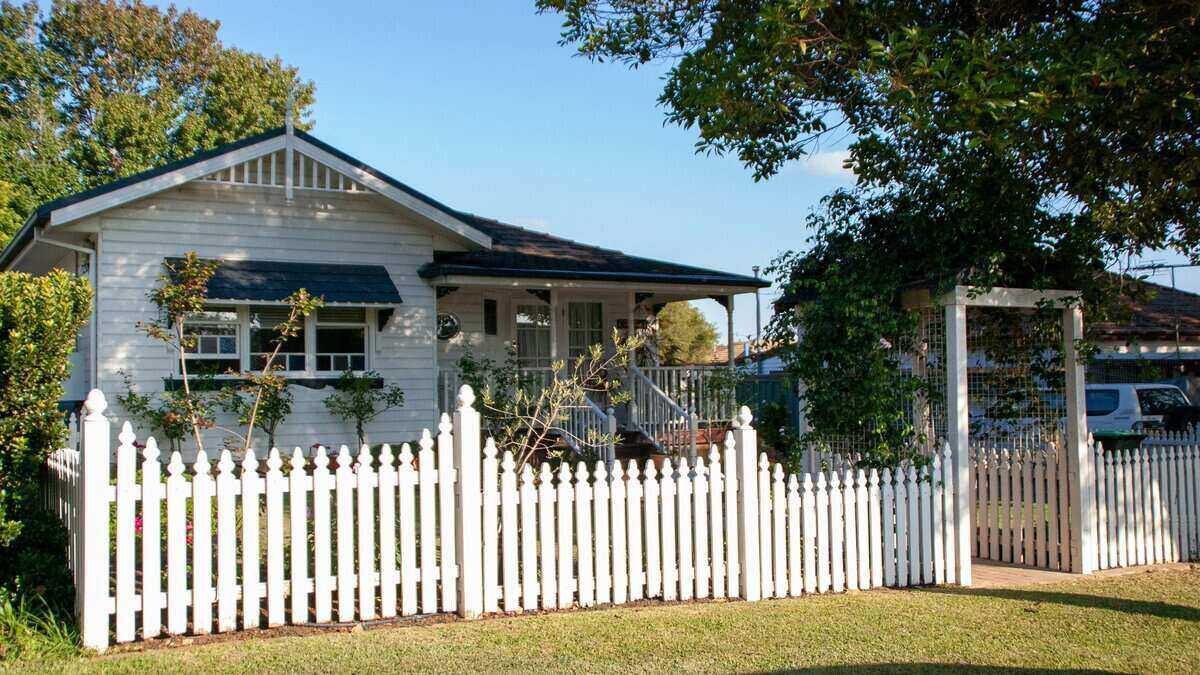Ditch other debts and clean up your credit history
Rebecca Jarrett-Dalton, founder of mortgage broking firm Two Red Shoes, reminded borrowers to clean up their other debts prior to applying for an investment home loan.
"There’s a huge benefit in offloading any unnecessary debt – a $10,000 credit card limit can mean an $80,000 reduction in borrowing capacity before DTI [debt to income] is in play," Ms Jarrett-Dalton said.
"If you have two or three cards, do you need them?
"If you are going to accelerate the repayment of any debt it’s a good idea to start with non-deductible or so-called ‘bad’ debt.
"Make sure you are meeting your existing repayments. It’s worth noting that with the introduction of comprehensive credit reporting, your credit history may include up to 24 months of repayment history, and many lenders give this a lot of credence.
"We are seeing a huge swing towards positively geared properties or those with higher income streams; dual income from one property, regional areas with good balanced economies and stable futures, outer lying areas where the land is more economic and rent return is better."
The tax depreciation that lasts a lifetime
Bradley Beer, CEO of quantity surveyors BMT Tax Depreciation, said many investors forget or are surprised to learn they can claim property depreciation as a tax deduction over the life time of their investment.
"Every day we hear investors saying that they think their property is too old to carry depreciation deductions. But depreciation is available on almost all investment properties regardless of age," Mr Beer said.
Investors can claim two categories of depreciation - capital works, and plant and equipment. Capital works essentially refers to the structure of the building such as the walls and roof - these can be claimed for up to 40 years.
Plant and equipment refers to removable items like carpets, appliances, curtains and so on, and the depreciation schedule is shorter.
Depreciation on plant and equipment can't be claimed in second-hand properties unless the asset is brand new.
"Capital works typically make up the bulk of a landlord’s total depreciation claim, generally 85-90%," Mr Beer said.
"We hear clients say all the time, ‘I haven’t made any major renovations so it’s probably not worth it’.
"But there are definitely opportunities to claim that people don’t think about – some of those little things that you’re doing every few years can add up.
"It could be installing a new air conditioner, a pathway or a garden shed."
Photo by RODNAE Productions from Pexels

Ready, Set, Buy!
Learn everything you need to know about buying property – from choosing the right property and home loan, to the purchasing process, tips to save money and more!
With bonus Q&A sheet and Crossword!



 Denise Raward
Denise Raward


 Harry O'Sullivan
Harry O'Sullivan
 Harrison Astbury
Harrison Astbury

